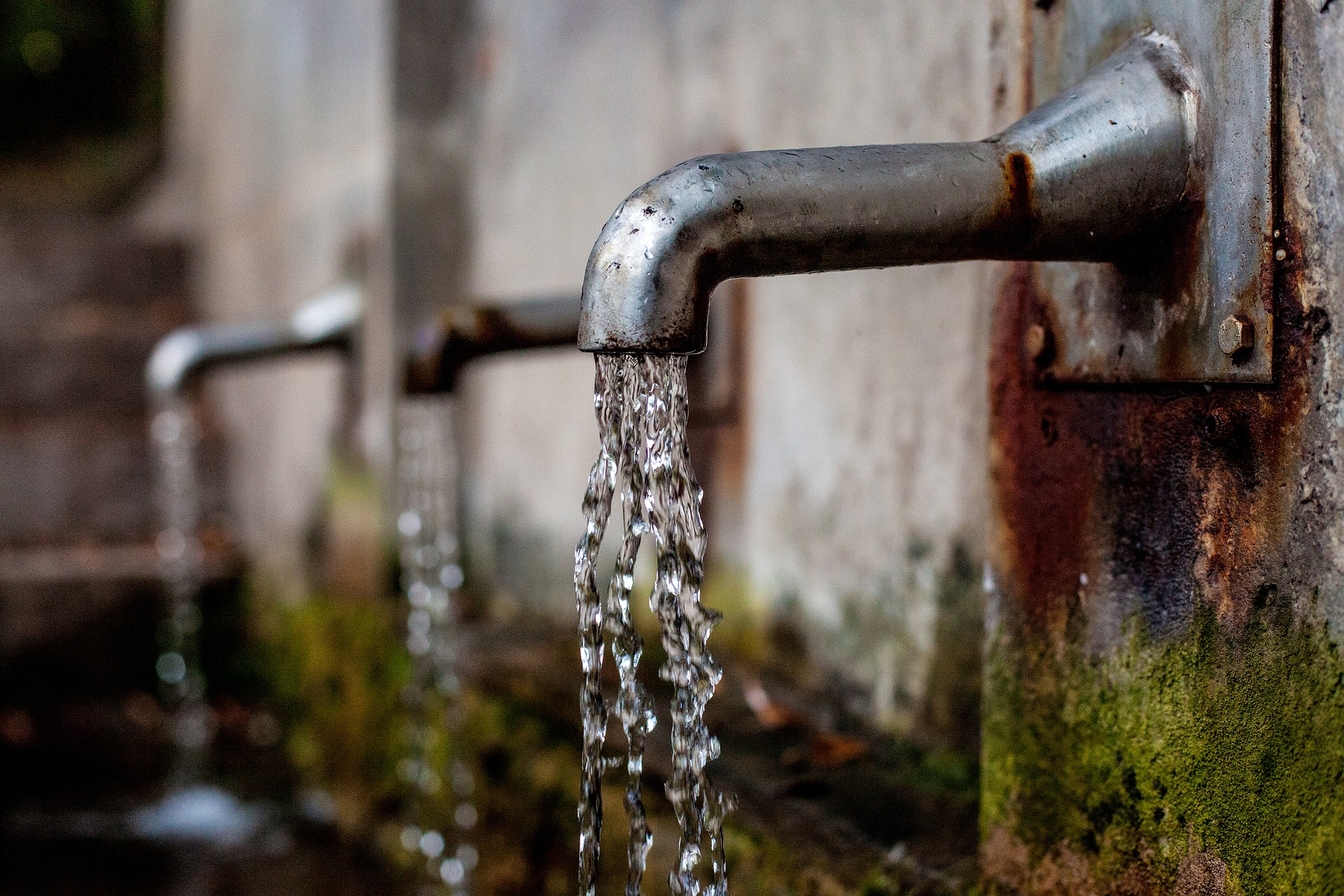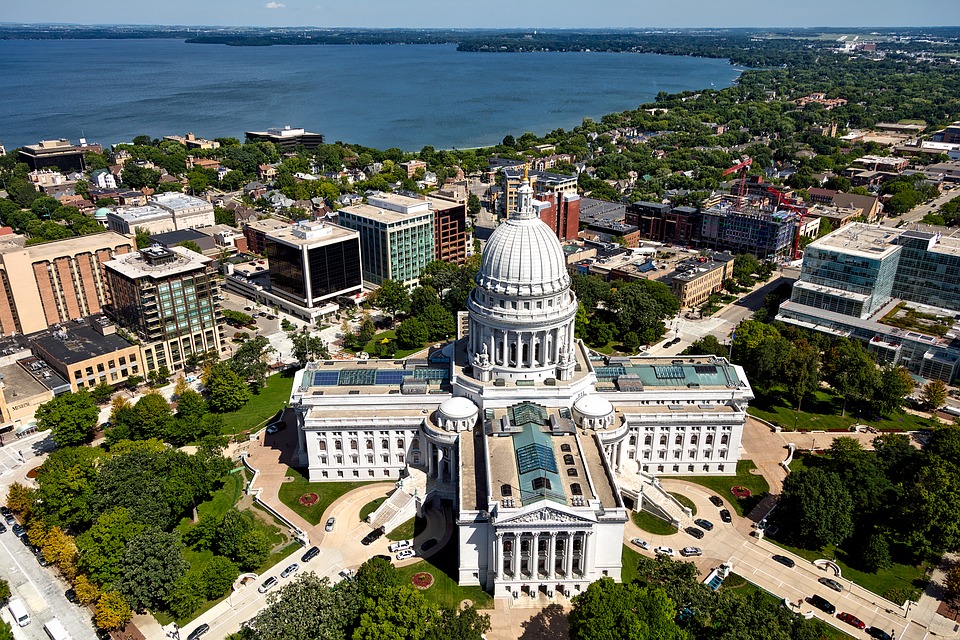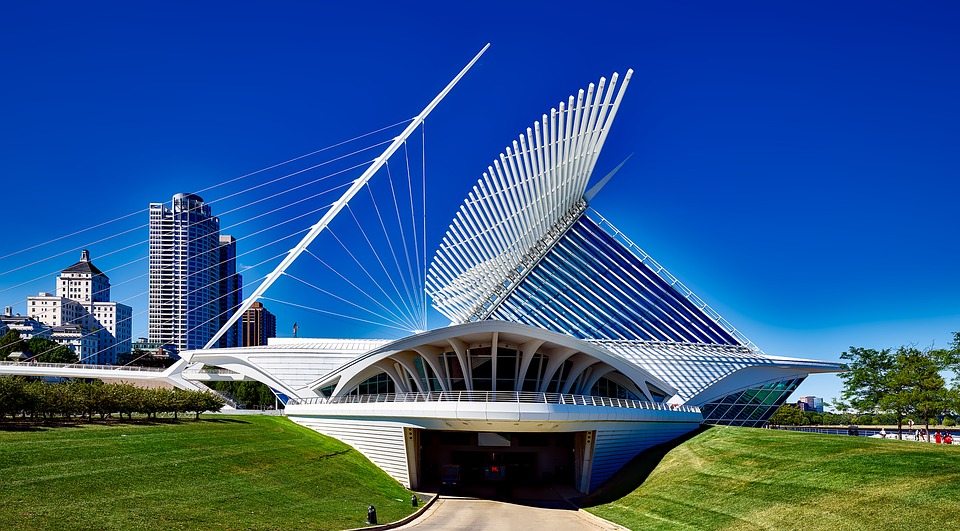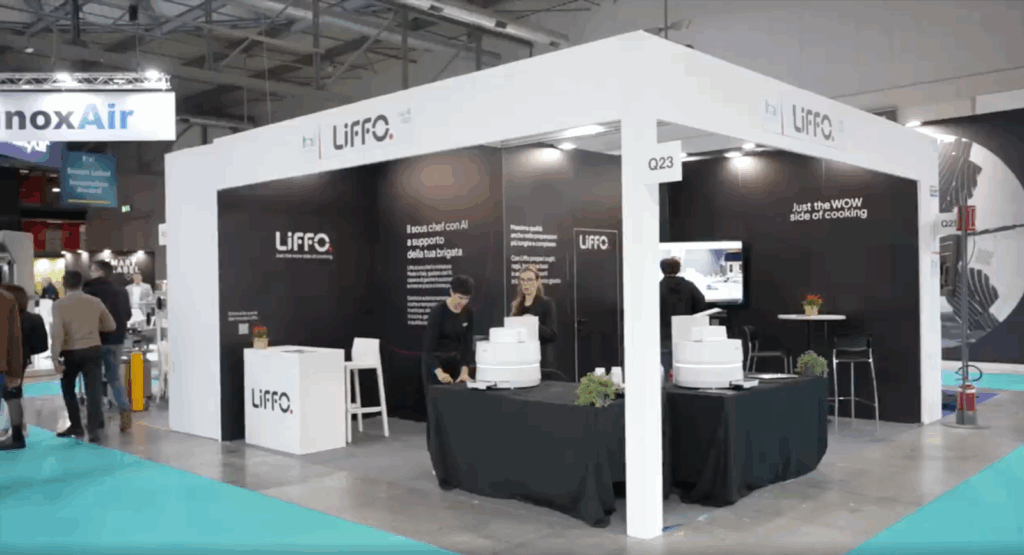Two former students of the University of Minnesota develop a solution to solve water quality issues in India and worldwide. Pure Paani is a company that is striving to assist those living in the most resource-challenged communities in Bengaluru by granting them access to an affordable water filtration and treatment solution. Founded by Kaylea Brase and Christopher Bulkley-Logston, two former UoM students, Pure Paani was conceived after Brase took part in the Acara program at the university. Acara is an interdisciplinary program which encourages students to engage in Grand Challenges encountered worldwide.

Christopher Bulkley-Logston
During this program, which the two participated in during 2016, students were encouraged to find a real-world problem and present their solutions to a panel of judges. The 2016 installment saw Pure Paani walk away with first place and was granted financial assistance to help launch the product. Currently, this is being trialed in Bengaluru, India, where Pure Paani is developing a line of water treatment devices in the most underserved communities. The company works with a team of technicians, designers, engineers to create high-powered, high-flow water filters and pumps which entrepreneurs in the region can use to provide water treatment services to their neighbours at a sustainable price. The product has the potential to assist an area that suffers heavily from water contamination. Residents of the city live in
constant fear of water-borne disease, such as
typhoid and gastro-intestinal irritation. Earlier this year, Bengaluru experienced more than 300 cases of
dengue fever in three days following drain bursts. Primarily, it is the outer wards of the city that are most in need of essential water treatment. Pure Paani used a
2013 Ward Score Quality Databook, carried out by quality-of-life non-profit
Janaagraha, to assess the areas of the region in which the product would be most useful. The study revealed the percentage of water that could be considered drinkable before additional treatment by the end user.

Pure Paani COO, Kaylea Brase
The study also revealed that 58% of wards in Bengaluru scored the lowest zero, whilst only one area, Mahadevapura, attained the high score of 10. This demonstrates that nearly 60% of areas in the region were in need of a better source of water quality. The water crisis in Bengaluru has led to a
40% rise in private water tanker prices this year. In an interview with
The Hindu, water supplier Praveen Reddy said, “Of the two borewells we have, one has gone completely dry. In the other, the water level has dropped by over 60% when compared to last year.” This has caused Reddy to only provide water to regular customers, while being forced to reject any new orders. Back in 2015,
Water Health India partnered with the
United States Agency for International Development, to set up
25 pure water plants around the city. The program aims to provide safe water for more than 100 million people in India by 2020, though still there is struggle. Pure Paani’s portable system uses a ceramic gravity candle filter with a syringe pump, and has achieved a 10,000 times reduction in present bacteria, whilst handling four liters of water a minute. The company also has plans to include an enclosure for the pump filter, along with seating for filter media and syringe chamber. To ensure that the product is able to reach as many people as possible, Pure Paani is partnering with key members in the target communities. These local entrepreneurs will assist in distributing the product in neighborhoods where they are trusted, and where their family and friends live.











